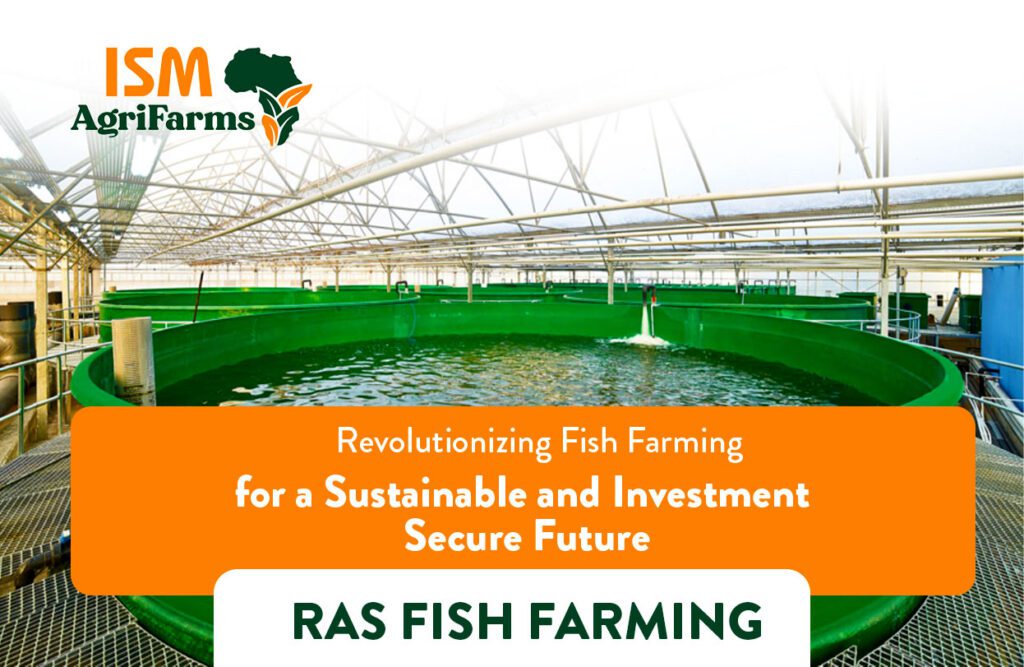As the global demand for fish continues to surge, traditional fish farming methods face challenges in meeting the growing need while ensuring environmental sustainability. However, there is a game-changing solution that is revolutionizing the aquaculture industry: Recirculating Aquaculture Systems (RAS). Tilapia, a fish species known for its adaptability to challenging environments, has become widely farmed worldwide. Its cultivation offers numerous advantages, including cost-efficiency and the potential for sustainable profits for fish farmers. Furthermore, technological advancements and supportive initiatives aimed at promoting tilapia aquaculture are anticipated to contribute to market growth in the future.
At ISM Agrifarms, we understand the importance of staying ahead of the curve in agricultural innovation, which is why we offer comprehensive solutions for all your agro-processing needs, including RAS systems for fish farming.

Starting at a capacity of 50 tonnes of fish per year. This advanced setup consists of eight 70m3 tanks, a mechanical filtration system, a biofiltration system, and a degassing and oxygenating system.
Table of Contents
ToggleLet’s explore the advantages and potential of RAS systems in detail.
- First and foremost, RAS systems prioritize optimal water quality. Pristine water conditions are essential for fish health and growth, and our systems are designed to maintain these conditions. The mechanical filtration system efficiently removes solid waste and suspended particles, while the biofiltration system promotes the growth of beneficial bacteria that convert harmful ammonia into nitrate. By monitoring and adjusting water parameters, RAS systems create a stable and ideal environment for fish, reducing the risk of diseases and mortality.
- Another key advantage of RAS systems is their ability to maximize production capacity. With the integration of eight 70m3 tanks, the ISM Agrifarms RAS system allows for efficient production scaling. This means we can produce a substantial 50 tonnes of fish per year. By optimizing space and resources, RAS systems offer higher production yields compared to traditional fish farming methods. The controlled environment enables us to maximize output without compromising quality or jeopardizing the long-term sustainability of fish stocks.
- Water conservation and environmental sustainability are also at the forefront of RAS systems. These closed-loop systems significantly reduce water usage by recirculating and treating the same water multiple times. By minimizing water wastage and eliminating the need for large water bodies or excessive water exchanges, RAS systems promote responsible water usage, ensuring environmental sustainability in an era of increasing water scarcity.
- From an economic standpoint, RAS systems are very good financial investments, with a Return on Investment (ROI) of as little as 1.5 Years. The combination of sustainable production practices, increased productivity, and higher product quality positions RAS systems as a profitable choice.

- Disease prevention and biosecurity are critical considerations in fish farming, and RAS systems address these challenges effectively. The closed-loop nature of the system minimizes the risk of introducing pathogens from external sources, protecting the fish from diseases. Additionally, the ability to closely monitor water quality and implement appropriate biosecurity measures enhances disease prevention and mitigates the need for antibiotics or other chemicals.
- RAS systems also offer improved feed conversion efficiency, allowing for precise control over feeding regimes. By closely monitoring feed consumption and adjusting feed delivery accordingly, we achieve improved feed conversion efficiency. This not only reduces feed wastage but also lowers the environmental impact associated with excess nutrient discharge into water bodies.

- Consistent product quality and traceability are important factors in consumer satisfaction. With RAS systems, you can provide consumers with consistently high-quality fish products. The controlled environment ensures uniform growth rates, desirable flesh quality, and reduced variations in taste and texture. Additionally, the ability to implement traceability measures allows consumers to have confidence in the origin and safety of the fish they consume.
In conclusion
Investing in RAS systems with ISM Agrifarms will offer a revolutionary approach to fish farming. By ensuring optimal water quality, maximizing production capacity, and prioritizing environmental sustainability, RAS systems pave the way for a more efficient, profitable, and sustainable future in aquaculture. Embracing this technology can propel farmers and the industry as a whole toward greater success while meeting the ever-increasing global demand for fish.
For more information, get in touch with us at 0797968817 or info@ismagrifarms.com


